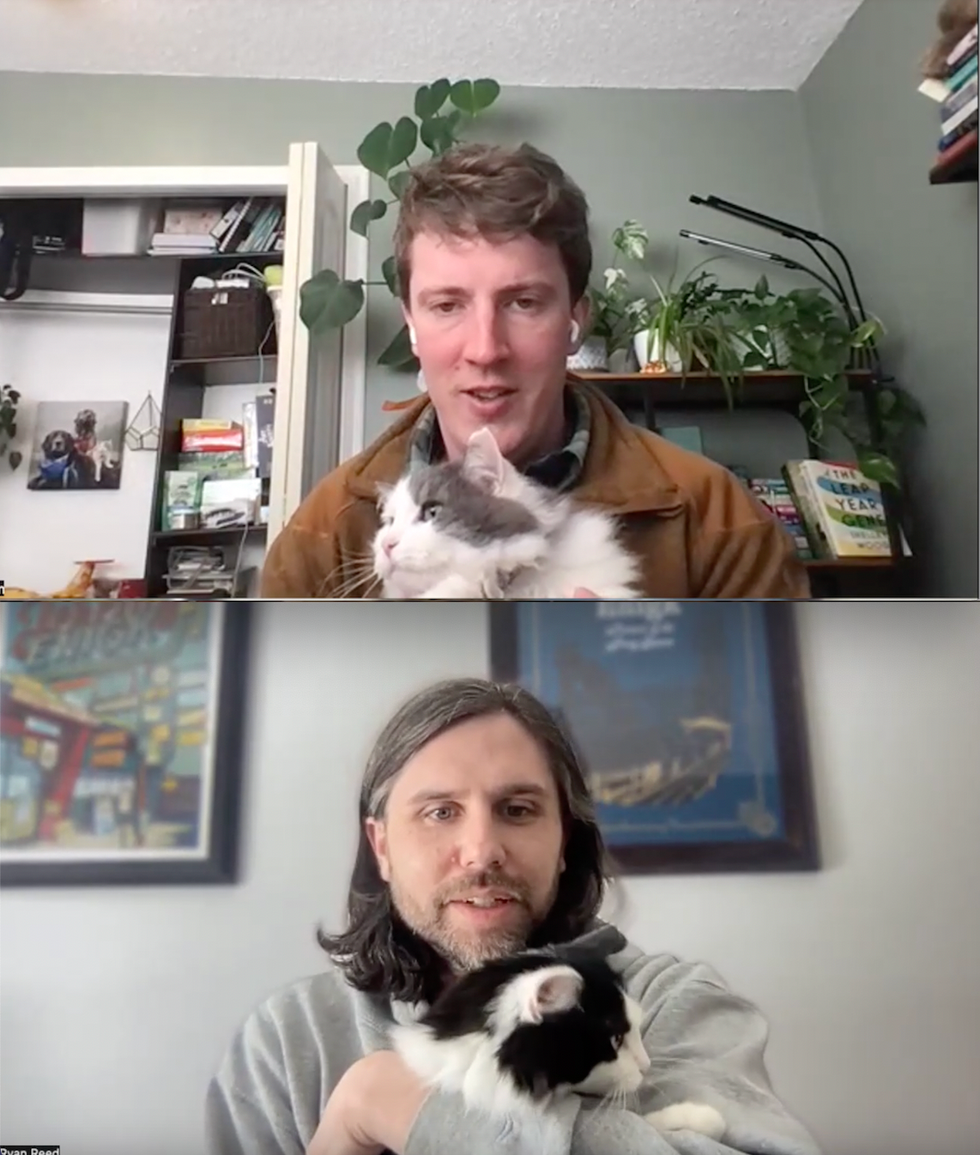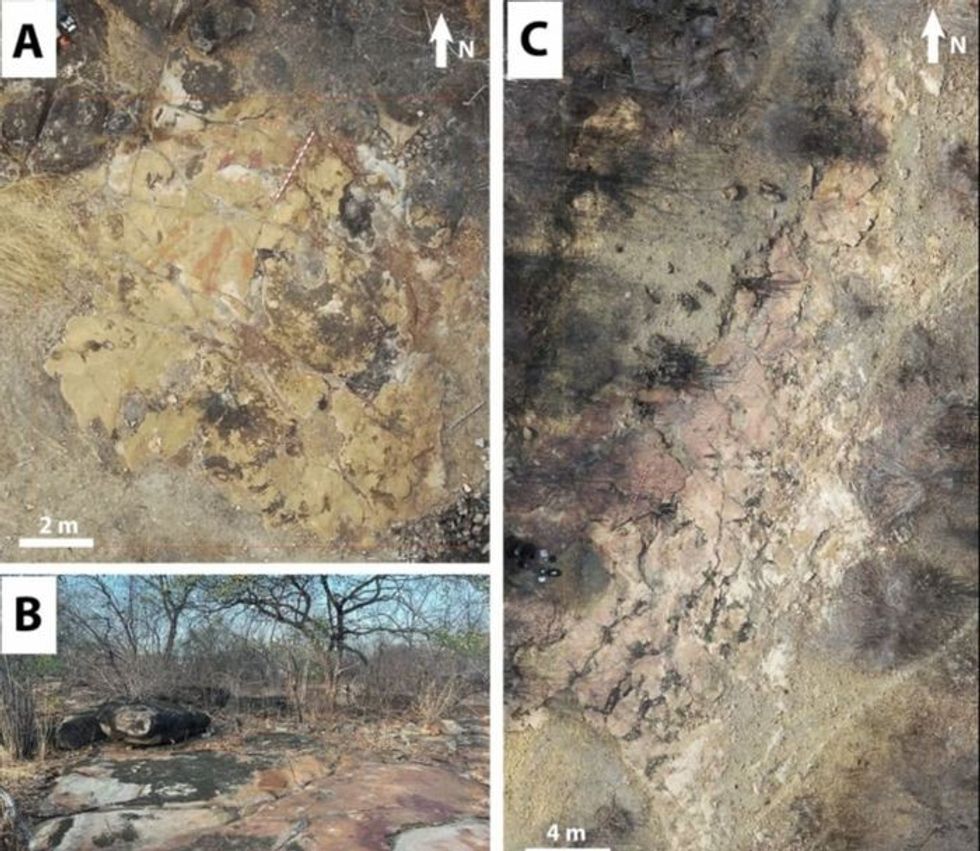By Gabe Rivin
The past often looms large when people talk about Endicott.
Endicott was the birthplace of IBM. It was a manufacturing powerhouse. Shoes, computer parts, leather — the village, near New York’s border with Pennsylvania, was always a company town. It was the kind of place with plenty of jobs to go around.
But over the years, things took a turn for the worse. Endicott-Johnson, the shoe manufacturer, relocated to Tennessee after being acquired in 1995. Seven years later, IBM sold off its Endicott headquarters. Thousands of local jobs disappeared, and the area set into a long-term period of transition.
[quote position="full" is_quote="true"]Endicott’s residents have experienced that too-familiar story of industrial decline and economic instability. But while that story is familiar, the residents have taken a very unfamiliar approach to rebuilding their economy.[/quote]
It’s one that that centers on a new high school, known as Tiger Ventures. “We’re developing the skills of students, for them to be able to go out there, and be small-business owners and community contributors,” says Mikki Cardell, the school’s principal, who adds that the large goal is to “change the face of what Endicott looks like.”
These aren’t the mere words of an idealistic school administrator. Tiger Ventures is attempting what few, if any, high schools have: to turn its students into active entrepreneurs, who will spark an economic revitalization throughout the area. It’s an ambitious effort, to say the least. And it’s one that begins with an unusual space on the school’s campus.
This is the business incubator.
Tiger Ventures has built up a creative space where local, adult entrepreneurs can run their startups. The incubator can house a variety of ventures. These range from tech startups to micro-organic farms. The incubator has offices, a co-working space, and printing equipment. High-speed internet is included. So, too, is access to industrial cooking equipment.
It’s an attractive option for startups that need a workspace. Especially because rent is free.
But with free rent comes a tradeoff. When they work on campus, entrepreneurs must agree to work side by side with students. Students serve as their interns and mentees. They work directly in the ventures, and, on the job, learn how to run businesses. In doing so, students have a direct hand in the ventures — and in the town’s economy. But Tiger Ventures has a larger goal for the students.
“We want to see students develop an idea, and when they graduate from Tiger Ventures, to start this business,” says Pamela Riddleberger, an assistant superintendent in Endicott’s school district. “We hope they’ll settle here.”
The aim is for students to graduate with New York’s Advanced Regents Diplomas, fully prepared to succeed in college. Once they return to Endicott, they’ll have real, shovel-ready business plans in hand — as well as the skillset to succeed in business.
Some students may start businesses straight out of high school as well. But either way, the goal is to cultivate students’ entrepreneurial spirit, so they’ll eventually spur economic development in Endicott.
Town officials are taking these students seriously.
“Those ones that catch the entrepreneur spirit — those are the ones who will take off and help our community,” says Joseph Moody, the director of economic development for the township of Union, where the village of Endicott is located.
Despite the focus on business, a school day at Tiger Ventures isn’t vastly different from that of another high school. Classes in the morning focus on traditional subjects, like English and math. Afternoon classes are more specialized. They focus on subjects like art and technology. Students graduate with the same well-rounded knowledge as other New York high schoolers.
It’s in the day’s final period that entrepreneurship gets special attention. In this period, students work on their own business plans, while learning from local entrepreneurs.
The learning experiences can be wide-ranging. Last year, for instance, students worked hands-on with a hydroponic-agriculture business. On other days, they took part in workshops from a visiting artist.
Cardell says that this model is particularly helpful for struggling students. “There’s a lot of ownership for the kids and opportunity for them to have a voice in [their education],” she says.
[quote position="full" is_quote="true"]I don’t know that kids get that opportunity, or have that kind of voice, in traditional schools.[/quote]
It’s only in its second year of operations, but Tiger Ventures has seen some significant results. In one case, students took part in a public relations campaign for a mental health nonprofit. The students filmed an organizational event, interviewed staff, and edited together a promotional video.
It was a boon for the organization. But perhaps most remarkable, Cardell says, is that two students who participated have selective mutism, an anxiety disorder in which children are unable to speak in some social situations.
“There they were in their Tiger Ventures shirts, standing behind the camera,” she says. “That was a real-world application for that project,” she says.
Some outsiders might be tempted to dismiss Tiger Ventures’ ambitions. The students are teens, after all. Is it really wise to place a community’s grand hopes on kids?
Moody, the economic developer, notes that the town is taking a handful of approaches to promote local business. Tiger Ventures is just one of many. But he says that it’s also shortsighted to discount young people.
“Bill Gates was a kid at one time,” he says.
He also notes that while major employers like IBM have moved out of town, there are plenty of reasons to be excited about the town’s future — and the potential of its youth to rebuild an economy in transition.
“People are getting past what we used to be,” he says. “I think this program is a great example of what we can be.”
All images provided by XQ.
















 Let us all bow before Gary, the Internet's most adventurous feline. Photo credit: James Eastham
Let us all bow before Gary, the Internet's most adventurous feline. Photo credit: James Eastham Gary the Cat enjoys some paddling. Photo credit: James Eastham
Gary the Cat enjoys some paddling. Photo credit: James Eastham James and Gary chat with Ryan Reed and Tony Photo credit: Ryan Reed
James and Gary chat with Ryan Reed and Tony Photo credit: Ryan Reed

 Rock deterioration has damaged some of the inscriptions, but they remain visible. Renan Rodrigues Chandu and Pedro Arcanjo José Feitosa, and the Casa Grande boys
Rock deterioration has damaged some of the inscriptions, but they remain visible. Renan Rodrigues Chandu and Pedro Arcanjo José Feitosa, and the Casa Grande boys The Serrote do Letreiro site continues to provide rich insights into ancient life.
The Serrote do Letreiro site continues to provide rich insights into ancient life.

 The contestants and hosts of Draggieland 2025Faith Cooper
The contestants and hosts of Draggieland 2025Faith Cooper Dulce Gabbana performs at Draggieland 2025.Faith Cooper
Dulce Gabbana performs at Draggieland 2025.Faith Cooper Melaka Mystika, guest host of Texas A&M's Draggieland, entertains the crowd
Faith Cooper
Melaka Mystika, guest host of Texas A&M's Draggieland, entertains the crowd
Faith Cooper


